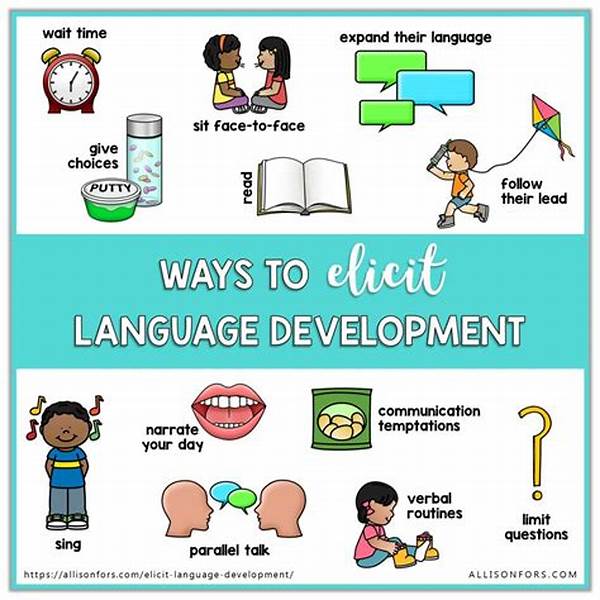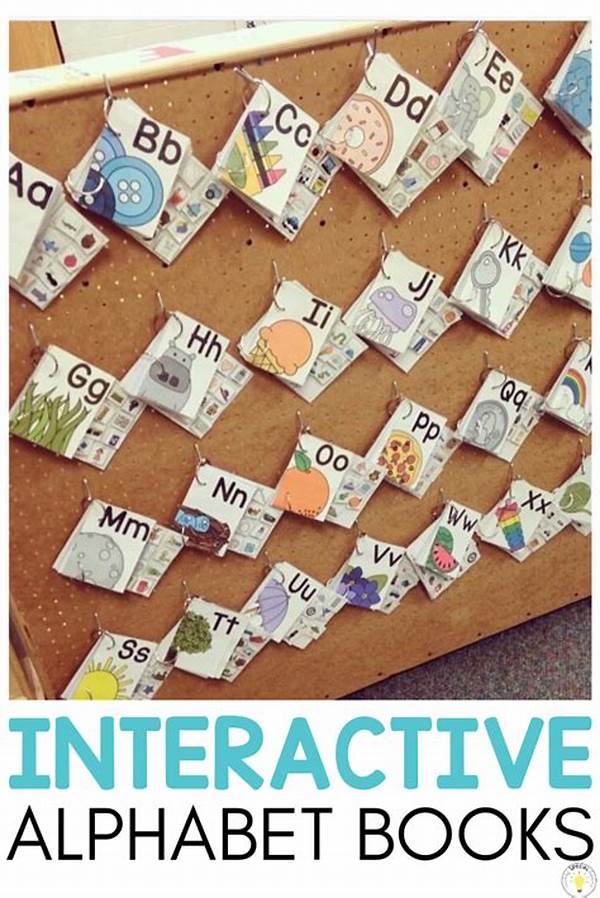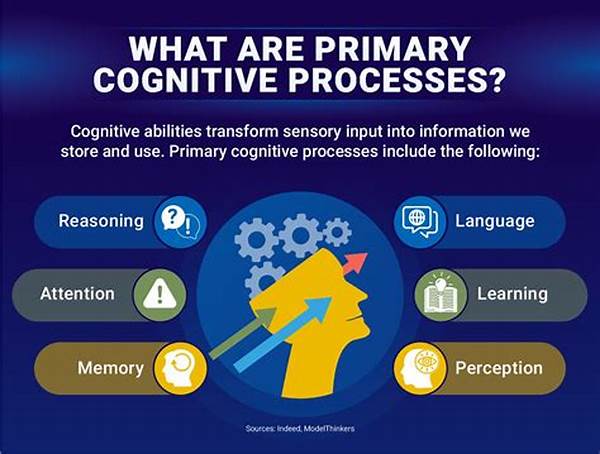Once upon a time, in a lively neighborhood bustling with toddler giggles and imaginative play, there was a curious young parent named Jamie. Jamie noticed that their toddler, Max, was beginning to babble more and mimic sounds. Intrigued, Jamie embarked on a quest to discover the secrets of language development tips for toddlers. Armed with a notebook and endless curiosity, Jamie sought out the wisdom of fellow parents and experts. These are the tales of insights collected along the journey.
Read Now : Mind-expanding Literary Classics
Unlocking the World of Words
Jamie learned that fostering language in toddlers is like opening a door to a world filled with excitement and discovery. Getting down to their eye level, engaging in playful dialogues, and narrating everyday activities were some of the top language development tips for toddlers. Jamie found that these small efforts created a rich linguistic environment. The little moments when Max said “doggie” upon seeing a neighbor’s pup or yelled “yummy” during mealtime became triumphs of communication. They soon discovered the magic of reading books and telling stories together, which led to Max’s gleeful giggles and growing vocabulary. Jamie realized it wasn’t about getting everything right but celebrating each new word as a little victory in Max’s grand language adventure.
Language development tips for toddlers highlighted the importance of patience and encouragement. Jamie embraced the notion that fluency isn’t built in a day. Conversations that were once one-sided began to evolve, with Max chiming in with sounds and words. Encouraging these efforts with smiles and responses spurred Max on, fueling an ever-growing love for chatter. Slowly but surely, words like “more” and “play” became frequent flyers in the household. Jamie celebrated knowing that every babble and giggle was laying the foundation for future dialogues.
Playful Pointers for Language Growth
1. Chatter Time: Chat with your tot all day. Think of it as a conversation with minimal feedback! Parrot their sounds or words; it’s one of the great language development tips for toddlers.
2. Repeat and Expand: If they say “juice,” you respond with “Yes, apple juice!” Expanding their words shows more language in action.
3. Musical Moments: Sing songs together. Music vibes can do wonders for brain growth and language development tips for toddlers.
4. Picture Perfect: Show ’em pics and label things. “That’s a car! Vroom-vroom!” Visuals stick in their minds.
5. Follow the Leader: Imitate their speech patterns. When they say “ba-ba,” you say it back. They’ll feel heard and motivated.
Weaving Words with Whimsy
Engaging toddlers in language growth is like painting with words on their vast canvas of curiosity. When Jamie explored the world of language development tips for toddlers, they found that creativity and imagination play a big part. Turning everyday activities into extraordinary adventures, Jamie used storytelling techniques to capture Max’s attention. Pretending to be a chef when cooking or acting as pirates during bath time made words come alive. With each imaginative play, Max’s vocabulary expanded effortlessly. This approach not only enhanced Max’s speech but also built an unbreakable bond between parent and child, filled with laughter and unforgettable memories.
Jamie also discovered that one of the underrated language development tips for toddlers involves embracing the power of silence. Yup, you read that right! Giving Max a moment to process and respond allowed him to gather his thoughts and express himself. Pausing after asking a question or telling a story gave Max the opportunity to jump into the conversation. These pauses became spaces where Max pieced together sounds and words, constructing his early narratives. It was an unexpected twist, showing that sometimes, less is more in the journey of nurturing language skills in toddlers.
Paving Pathways for Toddlers’ Chatter
Understanding that every toddler is unique was a key takeaway for Jamie. While exploring language development tips for toddlers, they realized the beauty of personalization. Tailoring activities to Max’s interests, whether it was cars, animals, or musical play, made learning more engaging. Jamie stumbled upon songs that incorporated Max’s favorite things, turning car rides into jam sessions. It was music to Max’s ears, quite literally! Language development intertwined with fun as singing led to more expressive speech. Each word sung and sounds made became joyful stepping stones toward fluency.
Read Now : Kindle Free Ebook Selection
Another valuable lesson was the importance of environment and routines. Simple yet consistent practices, like reading bedtime stories or morning chats, built a framework for daily language exposure. Language development tips for toddlers often emphasized the role of these routines in creating a stable linguistic atmosphere. Jamie found comfort knowing that these little rituals not only enriched Max’s vocabulary but also instilled a love for words that would last a lifetime. It was a heartwarming revelation that the consistency of these intimate interactions served as the backbone of Max’s emerging language journey.
Engaging Little Minds with Whimsical Words
Inviting creativity into a toddler’s language journey can transform it into a magical experience. Jamie discovered through language development tips for toddlers that tapping into Max’s imagination was like opening a treasure trove of vocabulary. Simple acts like using puppets to tell stories or creating voices for stuffed animals pulled Max into various scenarios where words danced around them. These play-acts became live theatres of language, with Max as the eager audience. Each dramatic retelling or humorous dialogue brought new words to the forefront, enabling Max to absorb vocabulary with laughter.
Through shared storytelling, Jamie was able to weave language into daily life seamlessly. They found that letting Max lead some stories or finish sentences engaged him more deeply. This participatory storytelling encouraged him to experiment with words without fear. The joy Max showed when completing a sentence or inventing a story was priceless. These playful, imaginative interactions proved that integrating fun with language development tips for toddlers creates an enriching environment where words are not just learned but joyfully celebrated.
Building Bridges with Babble
Language development tips for toddlers remind us that communication is more than just words. Jamie found that by listening actively and responding to Max’s cues, even his excited babbles became bridges to understanding. Before long, Jamie recognized patterns in Max’s babbling that hinted at new words and expressions. Engaging with these early attempts as genuine dialogue showed Max his words mattered. Jamie’s ability to interpret and celebrate Max’s babbling signaled acceptance and encouragement, forming the foundation for confident communication.
By staying patient and enthusiastic, Jamie nurtured a dynamic where Max felt encouraged to explore language boundaries. If Max struggled to pronounce a word, they gently corrected him without diminishing his attempts. These moments of gentle guidance illuminated the importance of support and praise in language learning. Language development tips for toddlers suggested turning challenges into teaching opportunities, reminding Jamie to never rush or criticize Max’s efforts. Instead, Jamie celebrated progress, laying the groundwork for Max’s future as a confident communicator.
Language Learning: A Toddler’s Tale
Navigating through the world of toddler language growth taught Jamie valuable lessons on patience, creativity, and shared joy. They learned that language development tips for toddlers are not static rules but a series of fluid approaches adaptable to each child. Jamie’s journey revealed the power of imagination, turning daily activities into a canvas for Max’s expressions. By integrating storytelling, interactive play, and supportive environments, Jamie cultivated an atmosphere where words were cherished and celebrated.
Every interaction, from singing silly songs to engaging in meaningful dialogue, contributed to Max’s blossoming vocabulary. Jamie embraced the magic of silence, allowing Max the space to process and respond, thus fostering his confidence in communication. The journey underscored that every toddler’s language path is unique, and personalization is key. Language development tips for toddlers showcased how the love and dedication invested today build the communicators of tomorrow, crafting a world where Max’s words are one more joyful turn of phrase in life’s grand narrative.




